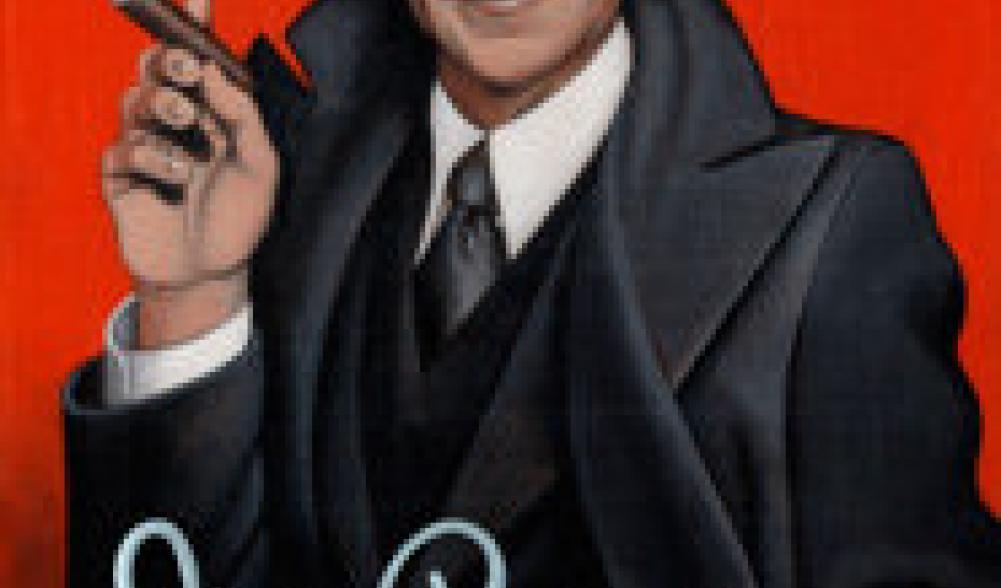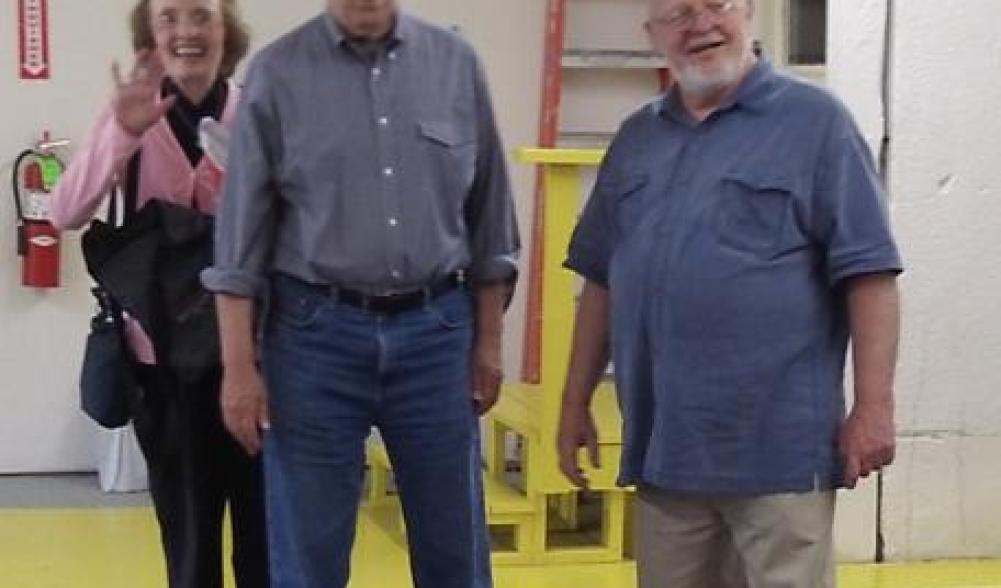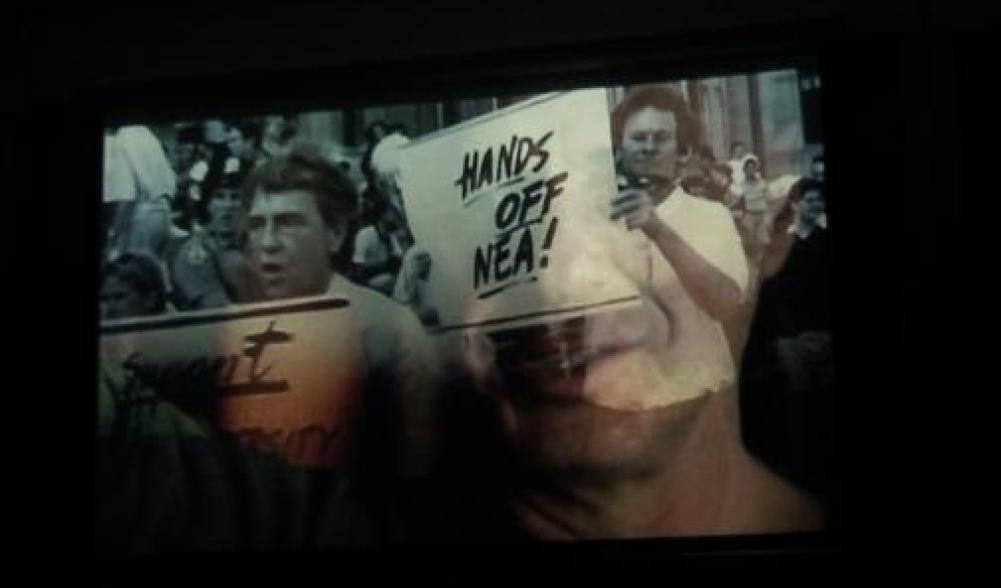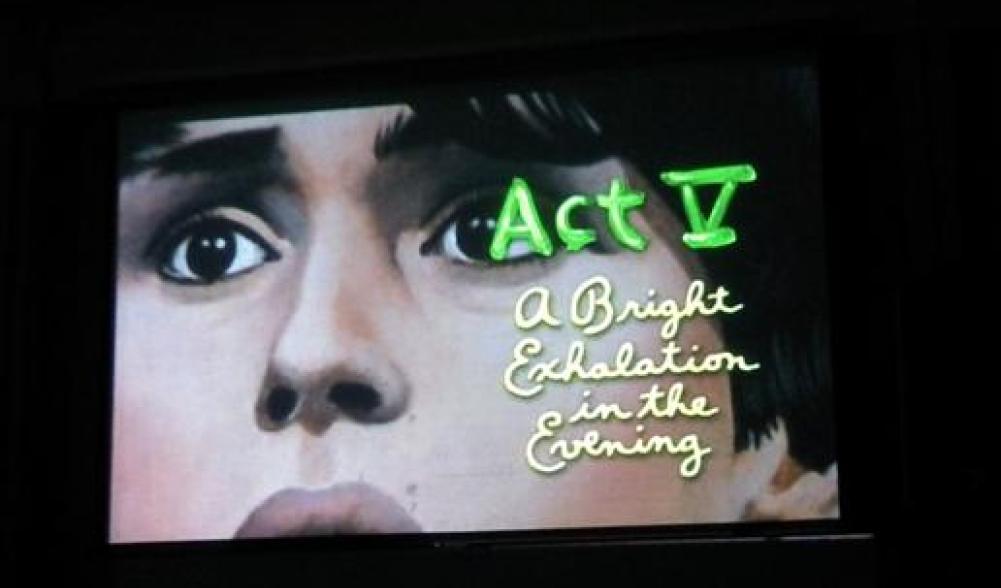
According to the Forum's web site, "It all began on a snowy night in February 1999 when Russell Banks hosted a screening of a film based on one of his novels - Atom Egoyan's The Sweet Hereafter at the historic Palace Theater in Lake Placid." Evidently, the response was so enthusiastic that Banks, Kathleen Carroll, a former film critic for the New York Daily News, and local artist Naj Wikoff, decided to launch an intimate film forum designed to introduce audiences to films through some of the most talented people in the industry and providing a venue to air their personal experiences as film professionals.
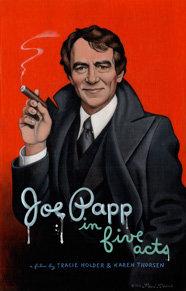
We arrive at the Lake Placid Center for the Arts (LPCA) early because we are not sure exactly where this screening will take place. We are led from the LPCA box office downstairs to the back entrance of the building where about 40 chairs are set up behind a projector.
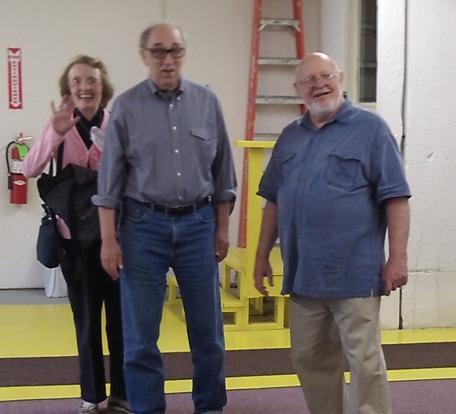
A smiling Kathleen Carroll enters the room and immediately makes everyone feel welcome. She is accompanied by renowned Adirondack photographer, Nathan Farb.
Edward--we know him as Ted--Cornell of Crooked Brook Art Studio in Wadhams, is also present for this event. I knew Ted had worked with Joe Papp at The Public Theatre so I am thrilled to see him among the growing audience turning out for this screening.
Kathleen introduces the man responsible for bringing this film to the Forum. He evidently knows film director, Tracie Holder, and prefaces the work as "a terrific film" and "a labor of love."
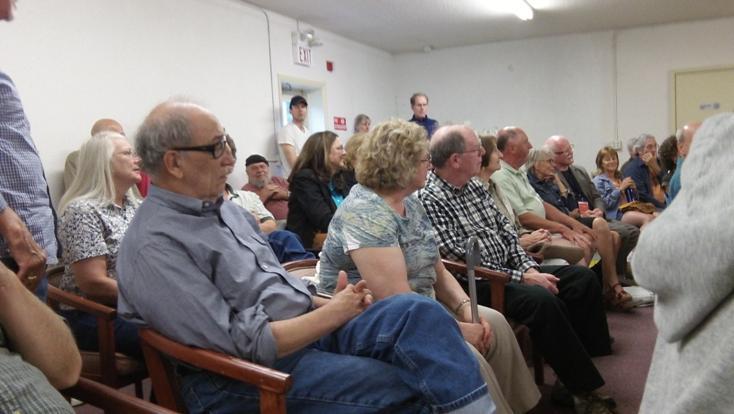
And that it is.
The feature, which is co-produced with American Masters, is a beautifully constructed, star-studded tribute and biography. We hear what the likes of James Earl Jones, Meryl Streep, Kevin Kline, Roscoe Lee Brown, Martin Sheen, Mandy Patinkin, Christopher Walken, Olympia Dukakis, ex-wives, and theatre historians have to say about this theatre icon who introduced Shakespeare to the masses. The film brilliantly juxtaposes interviews and performances to give us a complete picture of the man's public and private life.
Of course, the most dynamic figure in the film is Joe Papp himself and we come to meet him through interviews and speeches woven into the piece. We are given a snapshot of the NYC (circa 1920) of his boyhood and his first introduction to Shakespeare. He was in junior high when he fell in love with Julius Caesar and we hear him explain in the film how, "It sounded so good, I memorized it. I didn't admit to anybody that I loved Shakespeare, on my block you told that to anybody and they'd beat you up." Perhaps as a result of his tough boyhood, Joe Papp seemed to enjoy taking the hard road. One of his cronies said about him, "It didn't mean much if there wasn't a fight involved."
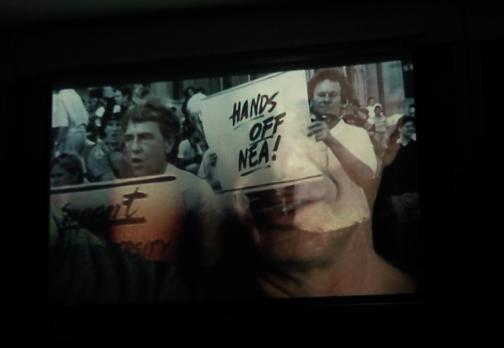
In any case, his philosophy about theatre boiled down to, 'You want Shakespeare to be like the public library—accessible to everyone...I thought even a quarter would be too much." And that is how free performances of Shakespeare in Central Park were born.
At The Public Theatre, Joe Papp created a year-round producing home that would focus on new creations, both plays and musicals. Many of his choices proved controversial at the time. Some of the most notable productions include the works of David Rabe, Ntozake Shange's For Colored Girls Who Have Considered Suicide When the Rainbow Is Enuf, Charles Gordone's No Place to Be Somebody (the first off-Broadway play to win the Pulitzer Prize, directed by Ted Cornell), and Papp's production of Michael Bennett's Pulitzer-Prize winning music
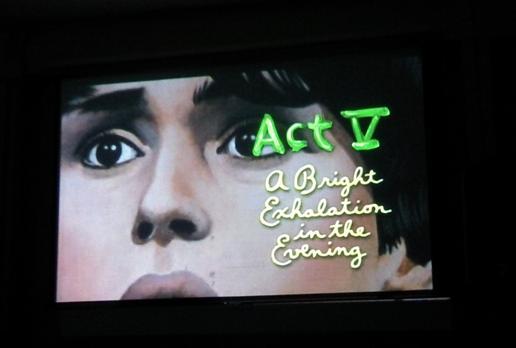
After the film, Kathleen Carroll turns the floor over to the North Country's Ted Cornell for his impressions. "I thought it was extraordinary. I worked with him for 10 to 15 years, and I learned a great deal about Joe from watching this film."
I gather Papp was quite guarded personally and could be difficult to work with. When Kathleen poses a question like this to Ted he nods and answers, "I got fired twice."

Ted, who has been instrumental in renovating a community/theatre space in Whallonsburg, first met Joe Papp at Yale Drama School and was brought in during the Hair/Naked Hamlet era. Among other things, Ted directed Cleavon Little's Hamlet and No Place to Be Somebody. Ted feels that the mission of the Whallonsburg Grange here in the North Country shares a common thread with The Public Theatre. The Grange Hall was a building "in danger of becoming extinct" but with the help of Ted and other concerned citizens it is being reborn and used for "the performance of excellent art." Ted goes on to explain that Joe Papp liked to say, " 'all great civilizations support public art' and that's also what the Grange is about."
It is an incredible evening of film, topped off with a screening of short films, Sleepless in Lake Placid, the 24-hour student film competition.
There are so many art events in and around Lake Placid this summer, you'll need to check back to the Lake Placid events page on a regular basis.
Kathleen Recchia has been enjoying the arts in the Adirondacks for about 20 years—both as observer and participant (acting, directing, and producing). She also enjoys cross-country skiing, juggling, and hosting visitors to the area at her bed & breakfast in Jay.



